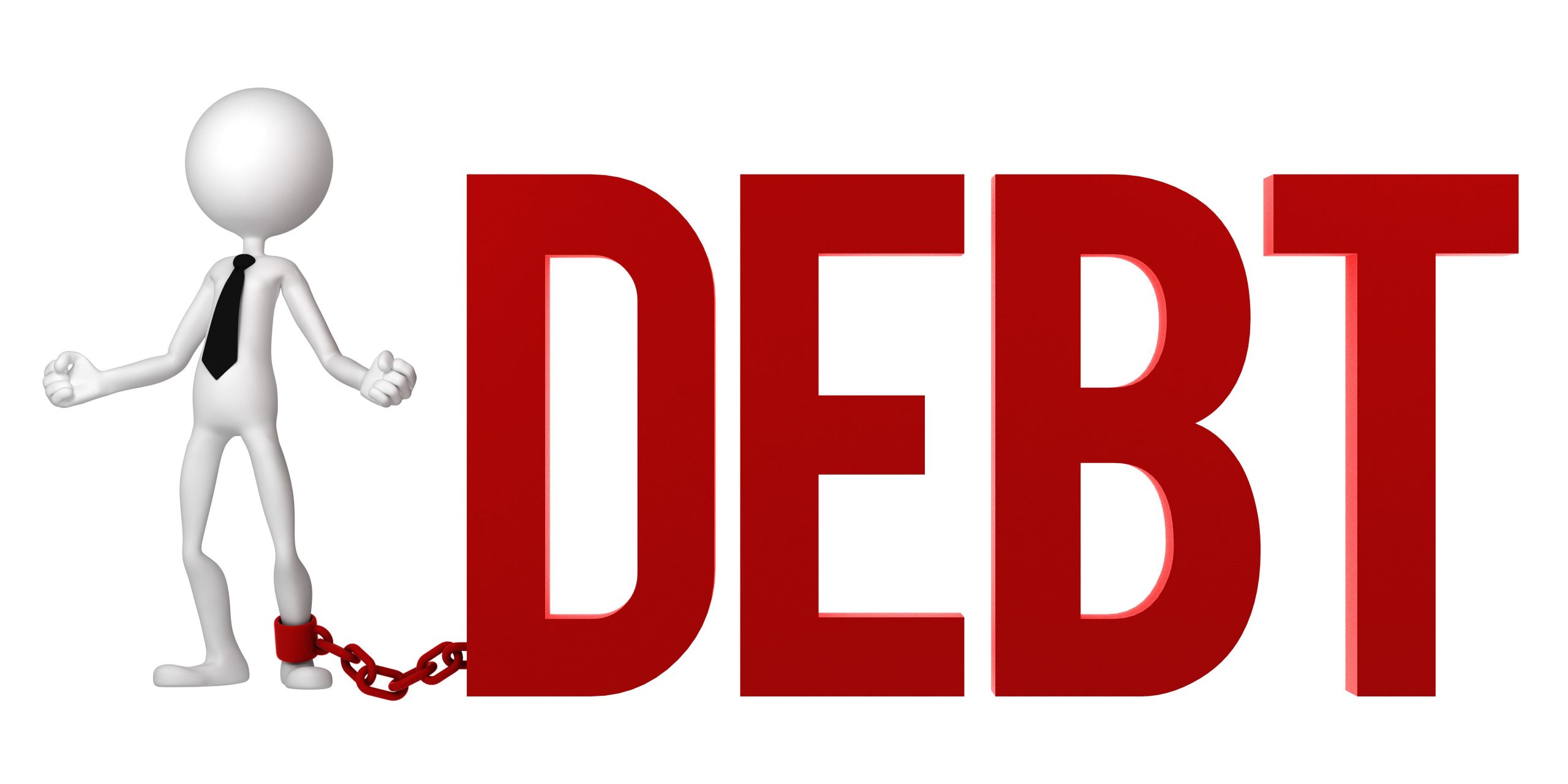Yes, I stole from the business world on this one. But it makes sense. Look at what you spend, oh yes, this involves tracking and budgeting. So, once you know what you’re spending, look at each item. Do you need it? Can you reduce what you spend? Can you get it cheaper from somewhere else?
Those are the questions you need to ask. A big expenditure for some is going out. Whether it is going out to eat, a movie or a bar. This is a huge expense that can be reduced to almost nothing. Let’s just take a normal dinner as an example. A dinner for two, obviously deepening on where you live, but I live in Alaska at the moment, so yeah. So, two dinners at $40 each, plus two glasses of wine, $14 each, plus dessert for one, we decided to share, $15. Grand total $123 plus tip, 20% cause we don’t want our date to think we are cheap… grand total $150; for dinner!

